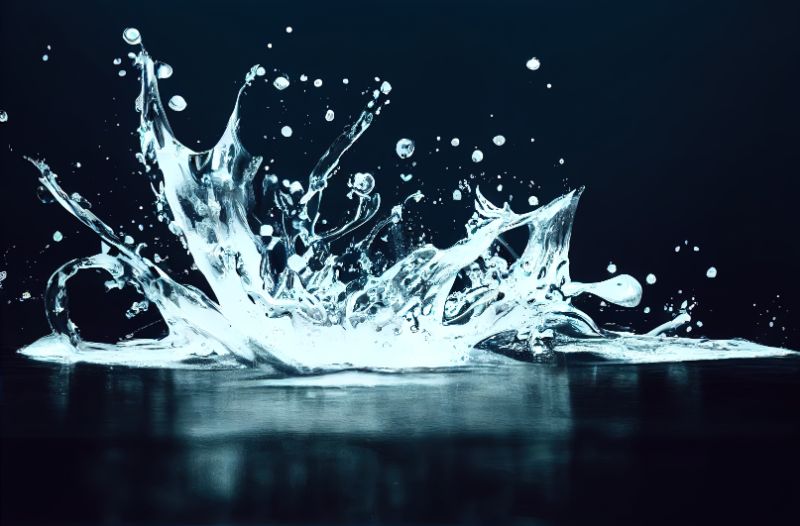Comparing Water Softeners.
Water softeners are an excellent investment for any homeowner who wants to enjoy cleaner and fresher water in their home. They also reduce the need for harsh cleaning products and save energy by reducing hot water heating costs.
(Looking for “best home water filtration“? Contact us Today!)

If you’re thinking about buying a new water softener, here are some things to consider:
What Is Hard Water?
In general, water that is high in calcium and magnesium (known as hard water) can cause a number of problems in your home. Hard water is often associated with limescale buildup on faucets, shower heads and other fixtures; it can even be harmful for your skin and hair.
Are Hard Water Benefits Real?
Softened water is cleaner and healthier to use, and it also helps prevent scale from forming on your appliances. It also saves you money on your soap and laundry detergent bills, because it helps make ordinary soap more effective by helping it lather up faster.
What Are the Best Water Softeners for Your Home?
Whether you’re looking for an in-home water softener or a portable unit, you’ll find plenty of options on the market. You’ll want to choose a system that meets your needs and is within your budget.
Size is Key to a Successful Water Softener Installation
It’s important that your water softener is the right size for your home and your family’s daily water usage. This will determine how much salt and energy is used, as well as the amount of time it takes to regenerate the system.
The best way to find the perfect water softener for your home is to compare it with other similar systems in your area. You can easily do this by reviewing the features, benefits, and cost of each system.
Are Salt-Based or Salt-Free Water Softeners More Effective?
A salt-based water softener is the most common type, and it’s generally more effective than a salt-free one. This is because salt neutralizes the hard minerals found in your water.
However, this requires maintenance. Plus, it can take up a lot of space, and you may need to know a bit about plumbing to install it properly.
If you’re in an apartment or small house, a portable salt-based water softener can be an affordable solution to hard water issues. This is because it requires no electricity, and it uses a crystallization process to soften water.
Are Salt-Free Water Softeners Good for the Environment?
A salt-free water softener is not as effective as a salt-based unit, but it does a good job of neutralizing the hard minerals in your water without discharging any salt brine into the environment.
Ion Exchange Does Not Remove Minerals
Another popular type of water softener works by exchanging ions with the hard mineral in your water. This is done using a resin bed with a negative charge that attracts the calcium and magnesium ions. It then releases them and replaces them with sodium ions, which are essentially non-toxic.
The only downside of an ion exchange water softener is that it leaves behind a residue chemical known as sodium bicarbonate, which is usually 20mg to 30 mg per 8 ounces of hard water. This is still not bad for your health, as 90 percent of processed food and table salt contains higher amounts of sodium than soft water does.

